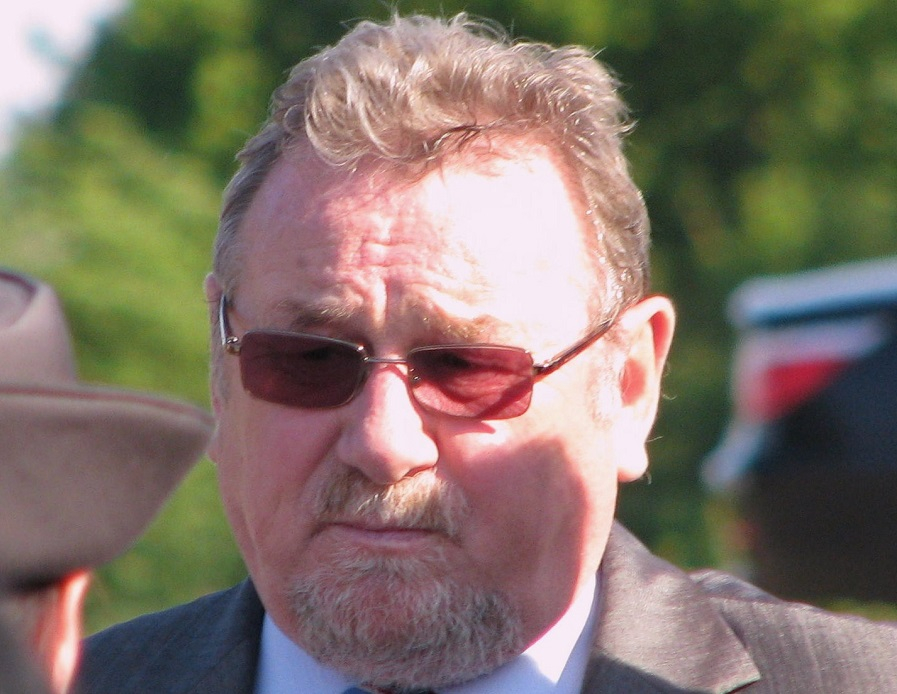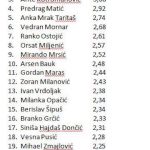The documents in question are from the archives of the President’s Office which Šeks requested at the time of former President Kolinda Grabar-Kitarović. He was denied access to some with the explanation that they are secret, a decision later upheld by the Administrative and Constitutional courts.
Speaking to Hina, Šeks said those two courts “for some odd reasons found, completely wrongly, that the publication of President Tuđman’s transcripts would threaten national security” and damage national interests. He said he had no other option but to resolve the matter at the European level.
Šeks said he was denied access to 29 transcripts of Tuđman’s talks with various statesmen and politicians from 1992 and 1993 which he needs for his memoirs. Among them are Tuđman’s talks with the leadership of the HDZ party’s Brod-Posavina County branch and an association of returnees, he said, adding that he could not see how they could be a threat to national security.
Šeks said the Administrative and Constitutional courts made their decisions arbitrarily, not based on the law, and that they made a mistake by closing those documents to the public.
“We have no reason to be ashamed of anything in the Croatian people’s struggle for the Croatian state and obfuscation only paves the way for those who falsify the Croatian struggle for statehood, freedom and sovereignty.”
Šeks’s lawyer Višnja Drenški Lasan said Šeks filed an application at the ECHR, which has considered that application and decided that Croatia’s legal representative is required to respond to that by 20 May at the latest.










